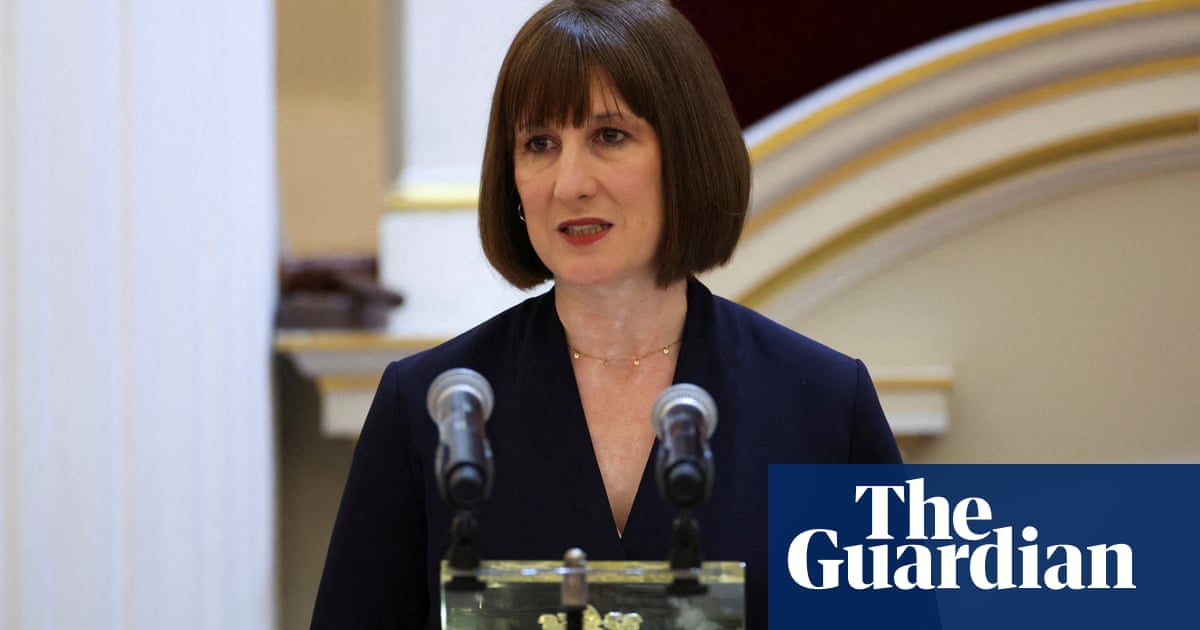When Maxwell Frost bounded on stage at a Saturday morning rally in support of Florida abortion rights, the 27-year-old congressman was quick to explain why he had shown up.
“I’m so proud to be here as an ally and partner in this fight!” he yelled to the roughly hundred-strong crowd who had gathered in an Orlando church courtyard, clutching handwritten sings with messages like “abortion bans are killing us” and “womb-tang clan ain’t nothing to fuck with”.
His biological mother had given him up for adoption, said Frost, who wore a black T-shirt that read “Abortion is Health Care”. “The thing that made it sacred was the fact that she had a choice,” Frost said. “I’ve had enough of people trying to use parts of all of our identities to take away freedoms from other people.”
The crowd – mostly women – roared in response.
In an election where women’s access to abortion has become a top issue, activists are now rushing to convince men that they also have a stake in the fight – and that, come Tuesday, they should vote accordingly.
Although men support abortion rights at similar rates as women, they seem to be far less driven by the issue. Less than half of men identify as “pro-choice”, according to Gallup, and are far more likely to see the economy or immigration as their top issue. One poll of men of color found that, although more than 80% believe abortion should be legal, less than half prioritized candidates who supported abortion rights.
“It’s that common misconception that abortion is a woman’s issue,” said Zach Rivera, a 24-year-old activist with Men4Choice, a national group dedicated to energizing men who support abortion rights.

Over the last several weeks, Rivera has spent countless hours knocking on doors in Florida neighborhoods in support of amendment 4, a ballot measure that would enshrine abortion rights into the Florida constitution and overturn the state’s ban on the procedure past six weeks of pregnancy. Nine other states are also set to vote on similar ballot measures on election day, but amendment 4 may face the steepest odds. In order to pass, the measure must secure 60% of the vote in a state that has veered sharply to the right in recent years and whose state government has repeatedly tried to kneecap the campaign behind the amendment.
Recent polling has found that support for measure hovers somewhere in the 50% range: while one poll found that 58% of Florida voters support it, another closer to 54%. In the latter poll, 55% of women supported the measure, compared to 53% of men. In an election as tight as Florida’s, nudging more men to vote yes could mean the difference between victory and defeat.
As Saturday morning gave way to a humid afternoon punctuated by bursts of rain, Rivera trudged from house to house in a wealthy, blue area of Orlando, dropping off Men4Choice stickers and attempting to talk to voters about amendment 4. Numerous houses had blue “Harris/Walz” signs in their front lawns – but not a single one had a purple “Yes on 4” sign. Voters were reluctant to talk about it. “I’m friends with everyone,” one woman said.
Rivera has had better luck, he said, with phone banking. In one recent conversation, Rivera described urging one reluctant man to think about his future wife and children: what if, 10 years down the line, his wife died because an abortion ban blocked her from accessing medical care? How would he reveal to his kids that he didn’t vote?
“The whole point of this movement is to think about future you,” Rivera recalled telling him. The man, Rivera said, decided to vote in favor of amendment 4.
At an early voting site in Tampa, 24-year-old Brandon McCray cited women’s rights as one of his greatest concerns in the 2024 elections. It helped convince him to vote for Kamala Harris. “Amendment 4 would just protect a lot of women,” he said. Banning abortion, he said, “is the biggest violation to a human right”.
McCray may be a relative anomaly among his peers. Appalled by the triple-punch of Donald Trump’s victory in the 2016 election, the sexual violence exposed by the #MeToo movement in late 2017 and the 2022 overturning of Roe v Wade, young women have become the most progressive cohort ever measured in US history – but young men have inched towards the right. While 62% of young women now support Harris, 55% of young men back Donald Trump, according to recent New York Times polling. Moreover, young men’s participation in politics is falling, with young women now on track to vote, rally and donate more frequently.
For many young women, the trend is so obvious that its unremarkable. “The right-leaning has more traditional values and more traditional values tends to benefit men more than it benefits women,” said Briana Valle, 22. “For obvious reasons, people are always gonna go for what benefits them.”
Leila Wotruba, 22, added: “There’s a lot more at stake for women.”
As a gay man, Rivera knows that he may appear to not have much at stake in the fight over abortion rights. But Rivera sees the future of the issue, especially in Florida, as a “litmus test” for other rights.
“That’s what I tell people: Even if this might not be a personal issue to you overall … you are definitely next,” he said. “They are just waiting until there’s nobody left to defend you.”

.png) 2 months ago
18
2 months ago
18













































